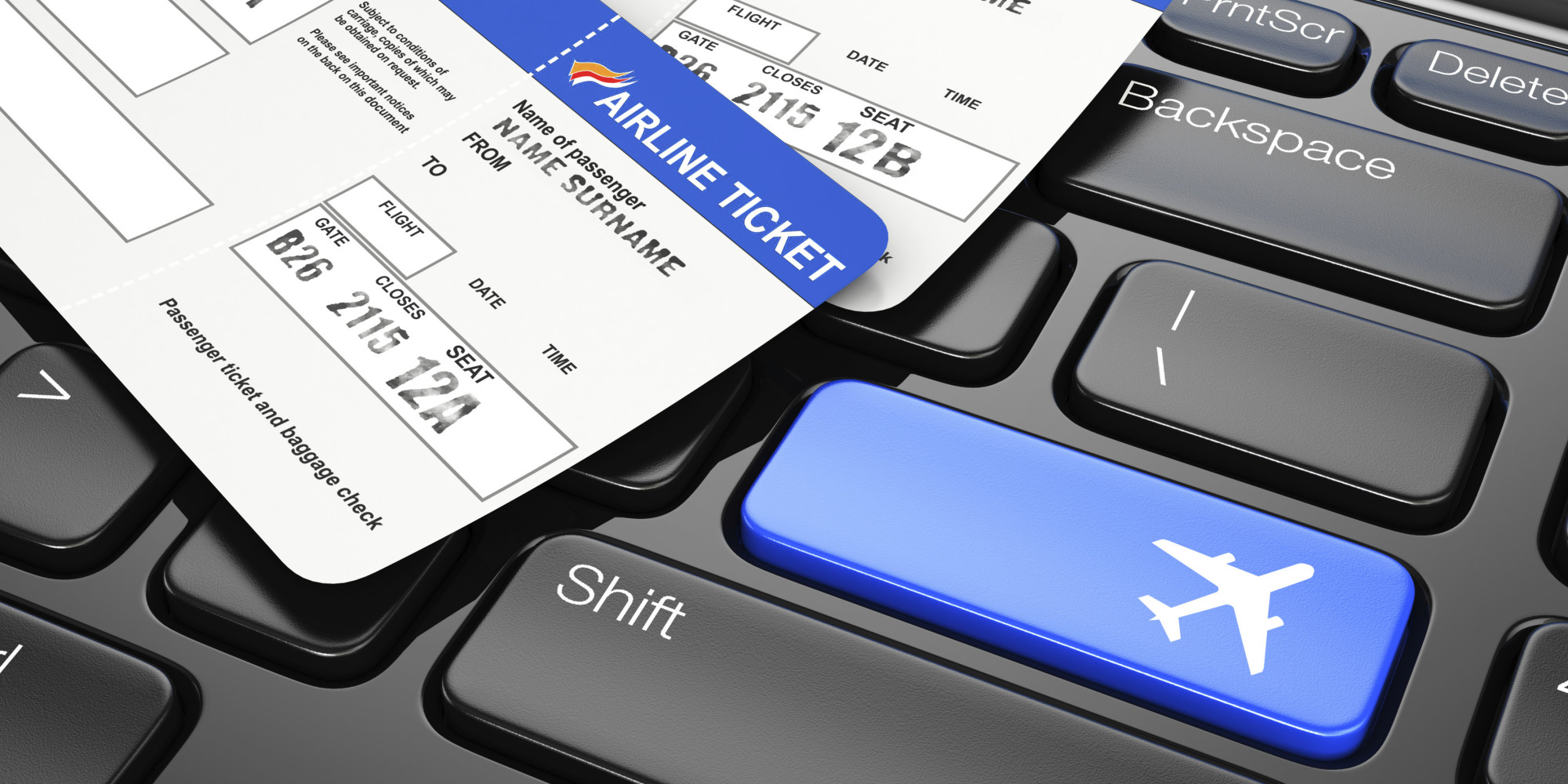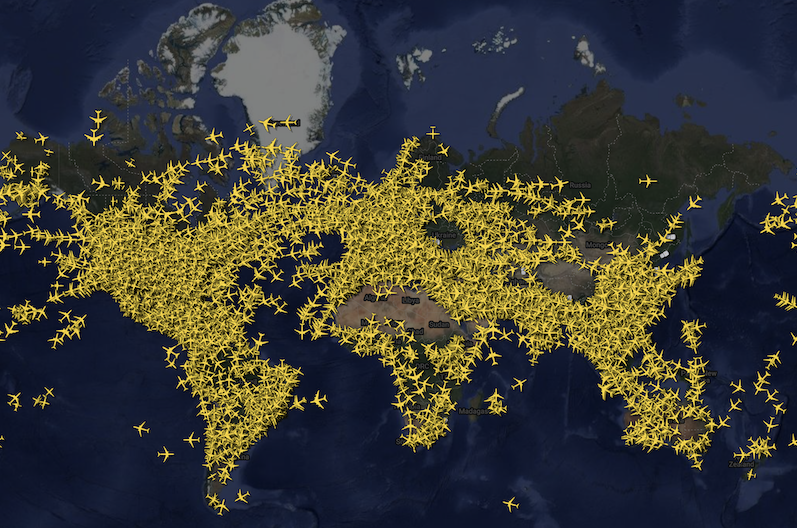Why Can’t I Book a Flight a Year in Advance?

Introduction
When it comes to planning a trip, booking flights well in advance is a common practice for many travelers. However, there are certain limitations and factors that prevent airlines from allowing bookings too far ahead. In this article, we will explore the reasons behind why you may not be able to book a flight a year in advance. We will delve into various considerations from the airline’s perspective, including scheduling uncertainties, pricing dynamics, operational challenges, and customer behavior. By understanding these factors, you will gain insight into why booking flights too far in advance may not always be feasible.
Outline:
- Introduction
- Scheduling Uncertainties
- 2.1 Flight Route Changes
- 2.2 Seasonal Variations
- Pricing Dynamics
- 3.1 Market Demand
- 3.2 Revenue Management Strategies
- Operational Challenges
- 4.1 Aircraft Allocation
- 4.2 Crew Scheduling
- 4.3 Maintenance and Repairs
- Customer Behavior
- 5.1 Changing Travel Plans
- 5.2 Market Competition
- Conclusion
- FAQs
Scheduling Uncertainties
2.1 Flight Route Changes
Airlines continuously evaluate their flight routes based on passenger demand, market trends, and operational efficiency. They may add or discontinue routes, change frequencies, or alter connections based on various factors. These changes are often made on a yearly or seasonal basis. As a result, planning flights a year in advance becomes challenging as the availability and schedule of certain routes may not be finalized until closer to the departure date.
2.2 Seasonal Variations
Certain destinations experience significant seasonal variations in passenger demand. Airlines need to adjust their flight schedules accordingly to cater to the peaks and troughs of tourism and business travel. Planning flights too far in advance for these destinations becomes difficult as airlines need to assess the demand for specific periods and adjust their capacity accordingly.
Pricing Dynamics

3.1 Market Demand
Airline ticket prices are influenced by market demand. As the departure date approaches, airlines can better estimate the demand for a particular flight and adjust the ticket prices accordingly. By releasing tickets in phases, airlines can ensure that they maximize their revenue by catering to both price-sensitive and time-sensitive travelers. This dynamic pricing strategy allows airlines to balance supply and demand effectively.
3.2 Revenue Management Strategies
Airlines employ revenue management techniques to optimize their ticket sales and maximize profitability. These strategies involve analyzing historical data, market trends, and customer behavior to determine the right pricing and inventory allocation. By not opening bookings too far in advance, airlines can adapt their pricing models to ensure the best possible revenue generation.
Operational Challenges

4.1 Aircraft Allocation
Airlines operate a fleet of aircraft that need to be efficiently allocated across their route network. Planning flights a year in advance becomes intricate as airlines need to consider factors like fleet expansion, retirement of older aircraft, and maintenance requirements. These operational considerations influence the availability and scheduling of flights, making it difficult to finalize long-term flight plans.
4.2 Crew Scheduling
Proper crew scheduling is essential for airlines to ensure smooth operations and adhere to regulatory requirements. Planning flights too far in advance makes crew scheduling complex due to factors such as crew rotations, training schedules, and regulatory limitations on working hours. Flexibility in scheduling is necessary to accommodate unforeseen changes and maintain operational efficiency.
4.3 Maintenance and Repairs
Airlines follow strict maintenance and safety protocols to ensure the airworthiness of their aircraft. These maintenance activities are scheduled periodically based on regulatory requirements and manufacturer recommendations. Planning flights too far in advance may clash with these maintenance schedules, requiring airlines to adjust their operations and limit long-term bookings.
Customer Behavior
5.1 Changing Travel Plans
Travel plans can change for various reasons, such as personal emergencies, unforeseen events, or shifts in priorities. By not allowing bookings too far in advance, airlines provide customers with the flexibility to modify their travel arrangements without incurring hefty change or cancellation fees. This customer-centric approach enhances the overall travel experience and encourages loyalty.
5.2 Market Competition
The airline industry is highly competitive, with multiple airlines vying for passengers on the same routes. By keeping bookings closer to the departure date, airlines can assess the market competition and adjust their pricing and promotional strategies accordingly. This enables them to stay competitive in a dynamic marketplace and attract more passengers.

Conclusion
While it may be frustrating at times to be unable to book a flight a year in advance, there are valid reasons behind this limitation. Scheduling uncertainties, pricing dynamics, operational challenges, and customer behavior all play significant roles in shaping airline policies. By maintaining flexibility and adapting to market dynamics, airlines can offer better services and cater to the evolving needs of travelers.
FAQs
1. Can I book a flight more than six months in advance? Yes, many airlines allow bookings up to six months in advance. However, the availability and pricing may vary depending on the airline, route, and time of booking.
2. Are there any advantages to booking a flight closer to the departure date? Booking closer to the departure date can sometimes result in lower prices, especially for off-peak travel periods. However, it’s important to note that popular routes and peak travel seasons may have limited availability and higher prices closer to the departure date.
3. How far in advance should I book a flight to get the best deals? The ideal time to book a flight to get the best deals varies depending on factors such as the destination, time of travel, and market demand. Generally, booking 1-3 months in advance can offer a good balance between availability and competitive pricing.
4. What should I do if I have to book a flight well in advance due to a specific event or occasion? If you have a specific event or occasion that requires booking a flight well in advance, it’s recommended to closely monitor the airline’s booking policies and sign up for fare alerts. This way, you can stay informed about any changes in pricing or availability.
5. Are there any exceptions where airlines allow bookings more than a year in advance? In some cases, airlines may allow bookings more than a year in advance for certain special events or routes. However, these exceptions are typically rare and depend on the airline’s specific policies and market conditions.
Can You add a baby to Flight Booking
Insurance is most important part of travelling check the plans
